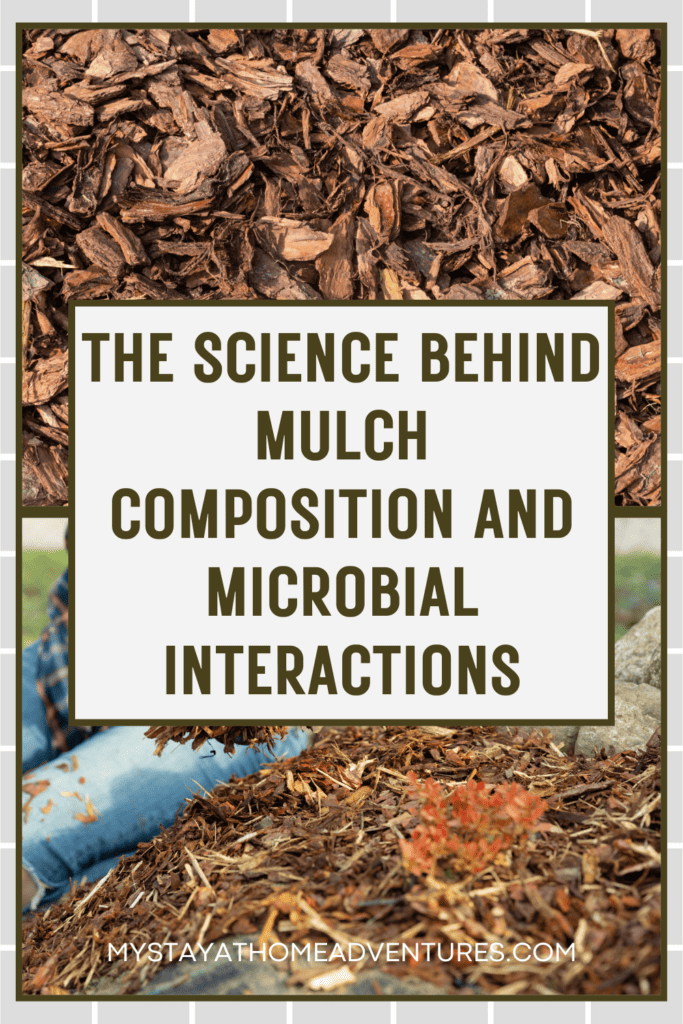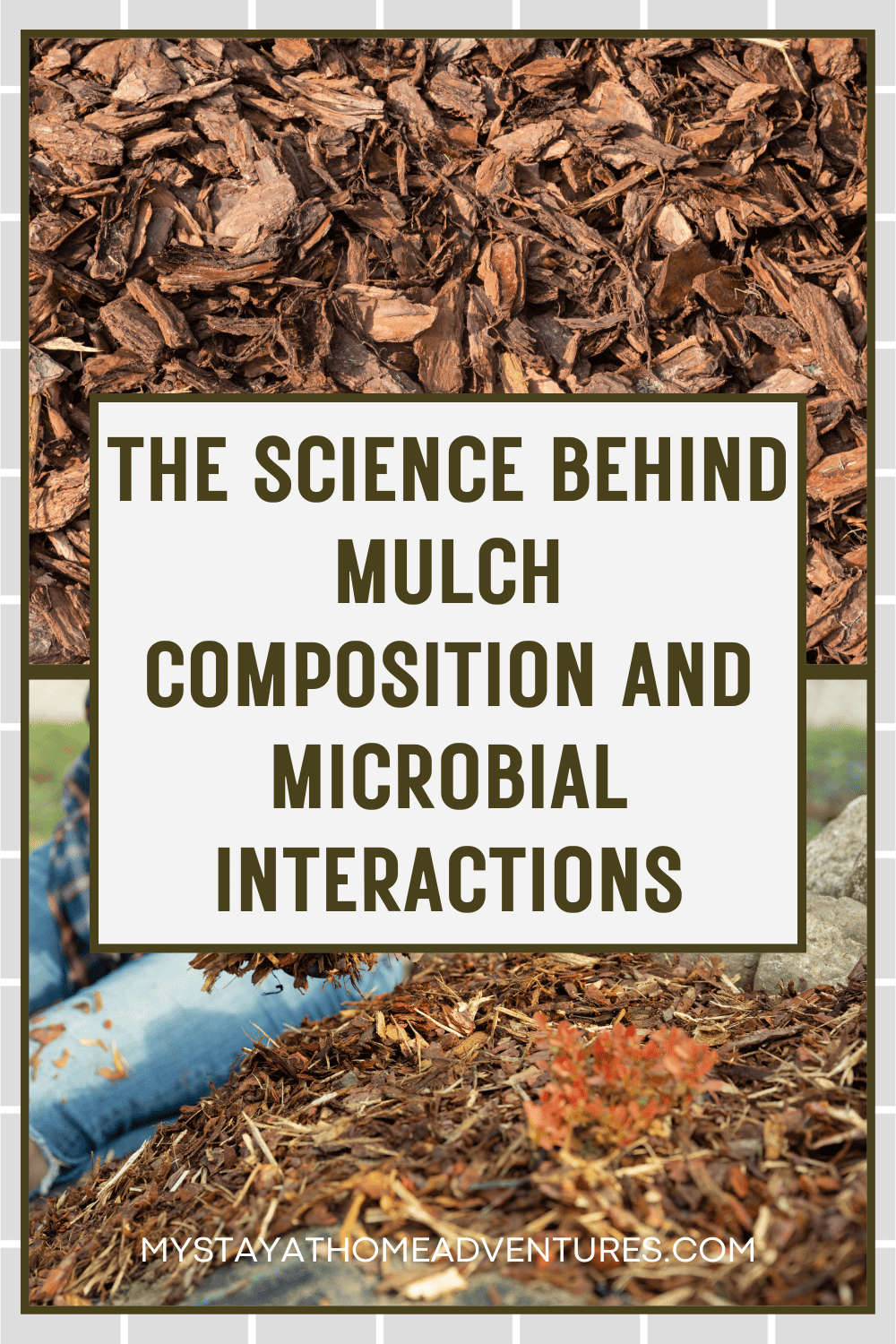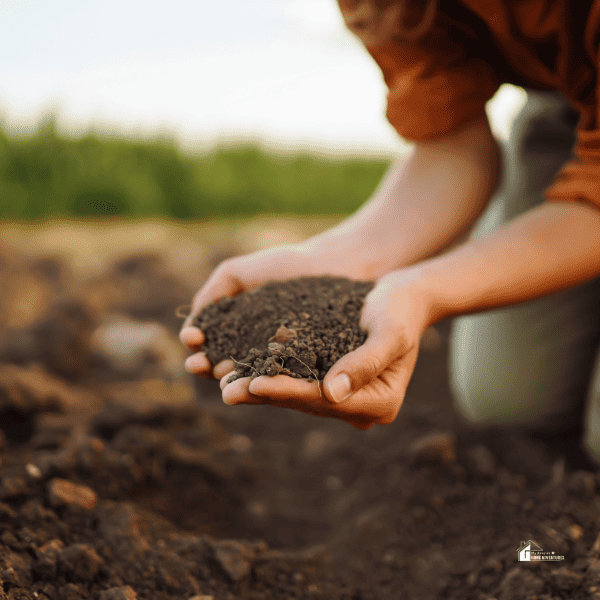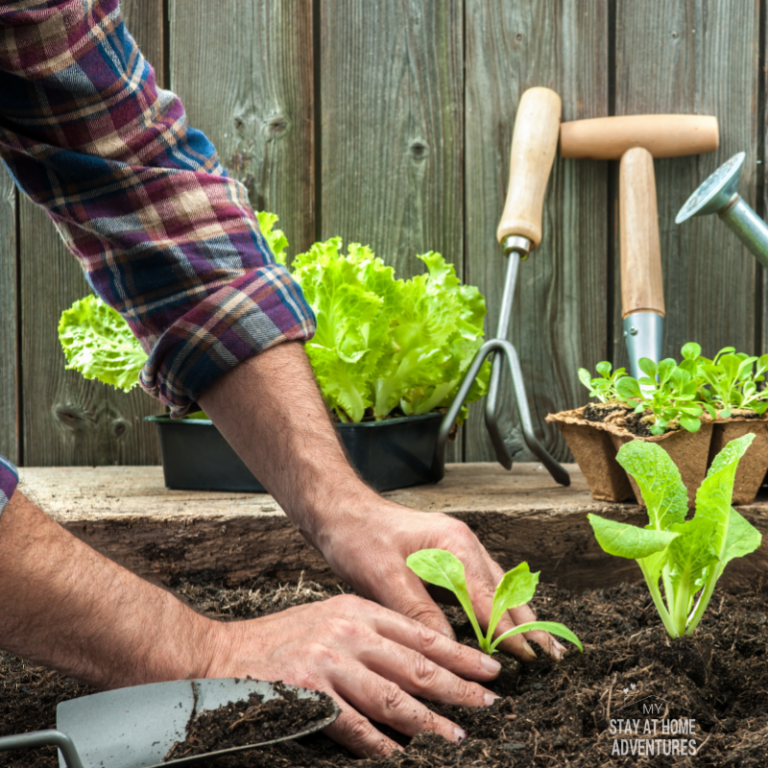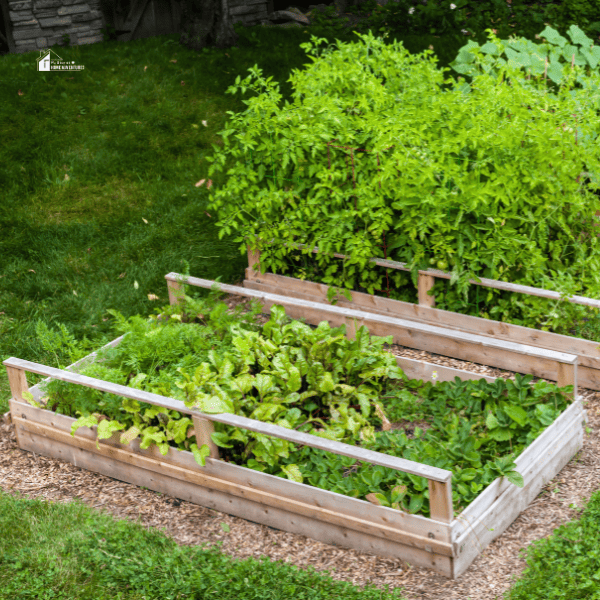Maximizing Plant Health: The Science Behind Mulch Composition and Microbial Interactions
This post may contain affiliate links which might earn us money. Please read my Disclosure and Privacy policies hereBeyond its conventional function of suppressing weeds and retaining moisture, mulch plays a vital role in gardening.
The composition of mulch material significantly impacts soil health and, in turn, influences the growth and vitality of plants.
Understanding the intricate relationship between mulch composition and microbial interactions unveils a fascinating world of scientific interactions in our gardens.
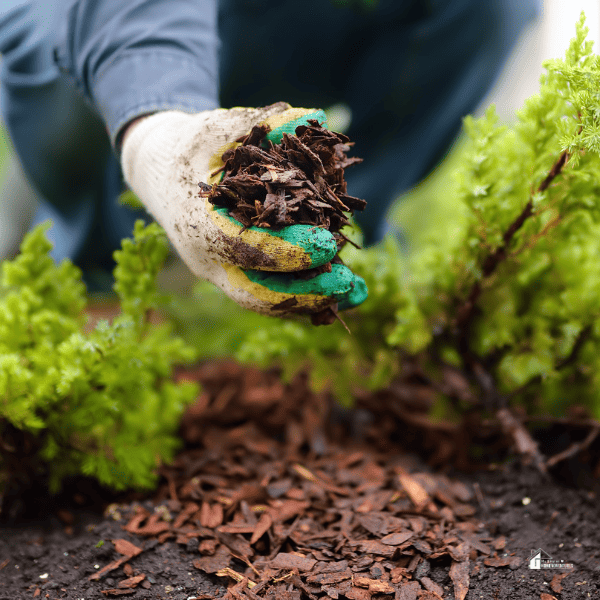
Mulch Composition and Soil Microbiology
Choosing between the different types of mulch for sale —organic, inorganic, or a blend—will affect the soil environment in various ways. Organic mulches, like compost, straw, or wood chips, enrich the soil with organic matter and provide a habitat for diverse microbial communities by decomposing over time.
In contrast, inorganic mulches like gravel or plastic alter soil temperature and moisture dynamics but do not contribute to organic matter.
Microbes, particularly bacteria, fungi, and other microorganisms, thrive in the presence of organic mulch. They break down mulch materials, releasing essential nutrients and forming symbiotic relationships with plant roots.
These microbes play a vital role in nutrient cycling, enhancing soil structure, and suppressing harmful pathogens, thus promoting plant health.
Effects of Mulch Composition on Soil pH and Nutrient Availability
The decomposition of organic mulches influences soil pH levels. For instance, as pine bark mulch decomposes, it can slightly acidify the soil, which may benefit acid-loving plants but could pose challenges for alkaline soil conditions. Understanding these nuances is crucial for gardeners aiming to create optimal conditions for specific plant varieties.
Furthermore, the composition of mulch affects nutrient availability. Organic mulches release nutrients as they break down, offering a slow but steady supply of nitrogen, phosphorus, and potassium to plants.
However, the nutrient release rates vary among different organic materials. Inorganic mulches do not contribute nutrients directly but can help conserve soil moisture, regulate temperature, and prevent weed growth.
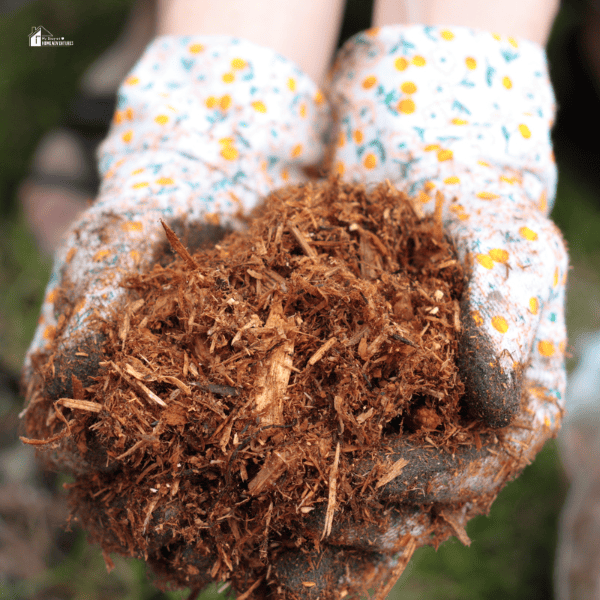
Microbial Interactions and Plant Health
The microbial populations thriving in mulched environments interact with plant roots in a symbiotic relationship. Mycorrhizal fungi, for instance, form associations with plant roots, aiding in nutrient uptake, especially phosphorus. These fungi extend the root system's reach, enhancing the plant's access to water and nutrients beyond its immediate root zone.
Moreover, certain soil bacteria are known to fix atmospheric nitrogen into forms usable by plants, promoting nitrogen availability in the soil. The balance and diversity of microbial populations contribute significantly to the overall health and resilience of plants against diseases and environmental stressors.
Enhancing Plant Health Through Mulch Selection
Gardeners seeking to optimize plant health can strategically select mulch based on their desired outcomes. For instance, utilizing organic mulches in vegetable gardens can foster a healthy microbial environment, promoting nutrient-rich soil for robust plant growth.
In yard decorating, where aesthetics matter, inorganic mulches might be preferred for their longevity and low-maintenance qualities.
Tailoring Mulch Choices to Suit Plant Needs
Enhancing plant health through mulch selection involves a comprehensive understanding of specific plant requirements.
For instance, certain plants thrive when paired with particular mulch types. Azaleas or blueberries, being acid-loving plants, flourish with pine bark mulch due to its gradual acidification, offering an optimal pH.
On the other hand, moisture-loving species benefit from cocoa bean hulls, known for their moisture retention and soil texture enhancement upon decomposition.
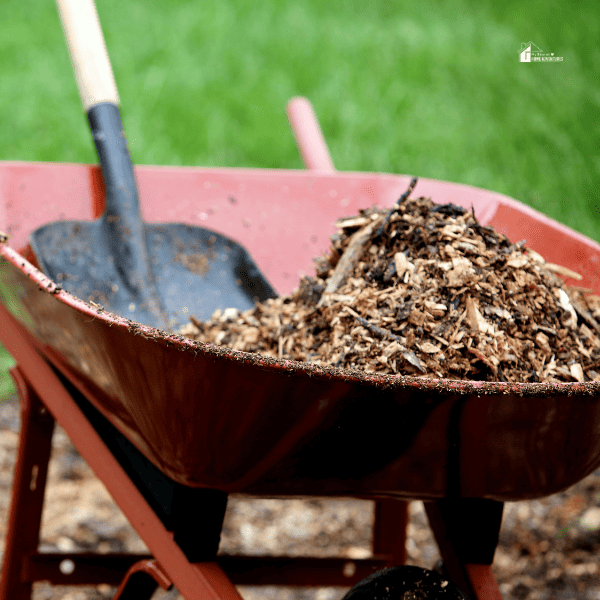
Modifying Microclimates for Plant Growth
Mulches significantly alter the microclimate around plants, impacting their growth conditions. Acting as insulators, mulches stabilize soil temperatures, shielding roots from extreme weather.
Moreover, organic mulches gradually enrich soil with organic matter, promoting microbial activity and enhancing nutrient availability. This microclimate moderation ensures stable moisture levels, which is vital for sustained plant health.
Improving Soil and Fostering Microbial Activity
Organic mulches decompose over time, contributing to soil improvement. They enrich the soil with organic matter, enhancing its structure and fertility.
This decomposition fosters microbial activity, which is crucial for nutrient cycling and overall soil health. The gradual release of nutrients further supports plant growth, creating an optimal environment for root development and nutrient uptake.
Weed Suppression, Pest Management, and Seasonal Adaptations
Mulches act as an effective weed suppression mechanism and help manage pests by creating barriers and releasing compounds that deter certain insects.
Adjusting mulch depth or types based on seasonal variations ensures plants are well-equipped to face changing conditions. Mulching conserves moisture during hot seasons and insulates soil during colder periods, providing an adaptable environment for plants year-round.
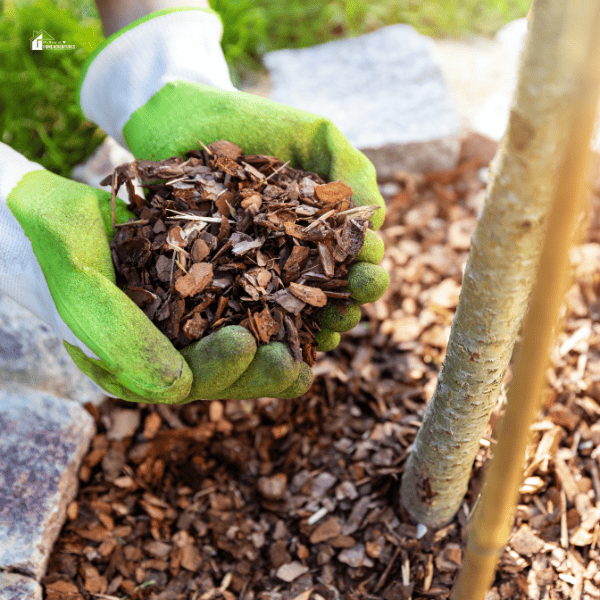
Promoting Environmental Responsibility
Prioritizing environmentally friendly mulching options aligns with sustainable gardening practices. Choosing biodegradable or recycled mulch materials minimizes environmental impact while supporting ecological balance.
This conscious approach not only benefits plant health but also contributes to creating a more sustainable garden ecosystem.
Holistic Approach for Overall Garden Resilience
A holistic approach to mulch selection contributes not only to individual plant health but also to the overall resilience and sustainability of the garden.
By considering the diverse needs of plant species, creating favorable microclimates, fostering soil health, and adopting eco-friendly practices, gardeners cultivate thriving ecosystems that support healthy plants while maintaining environmental balance.
Conclusion
The science behind mulch composition and microbial interactions underscores the importance of informed decision-making in gardening practices.
By understanding how different mulches influence soil microbiology and, consequently, plant health, gardeners can optimize their gardening efforts for thriving and resilient plants.
Incorporating this knowledge into gardening practices empowers enthusiasts and experts alike to create thriving ecosystems that foster healthier plants and sustainable garden environments.
